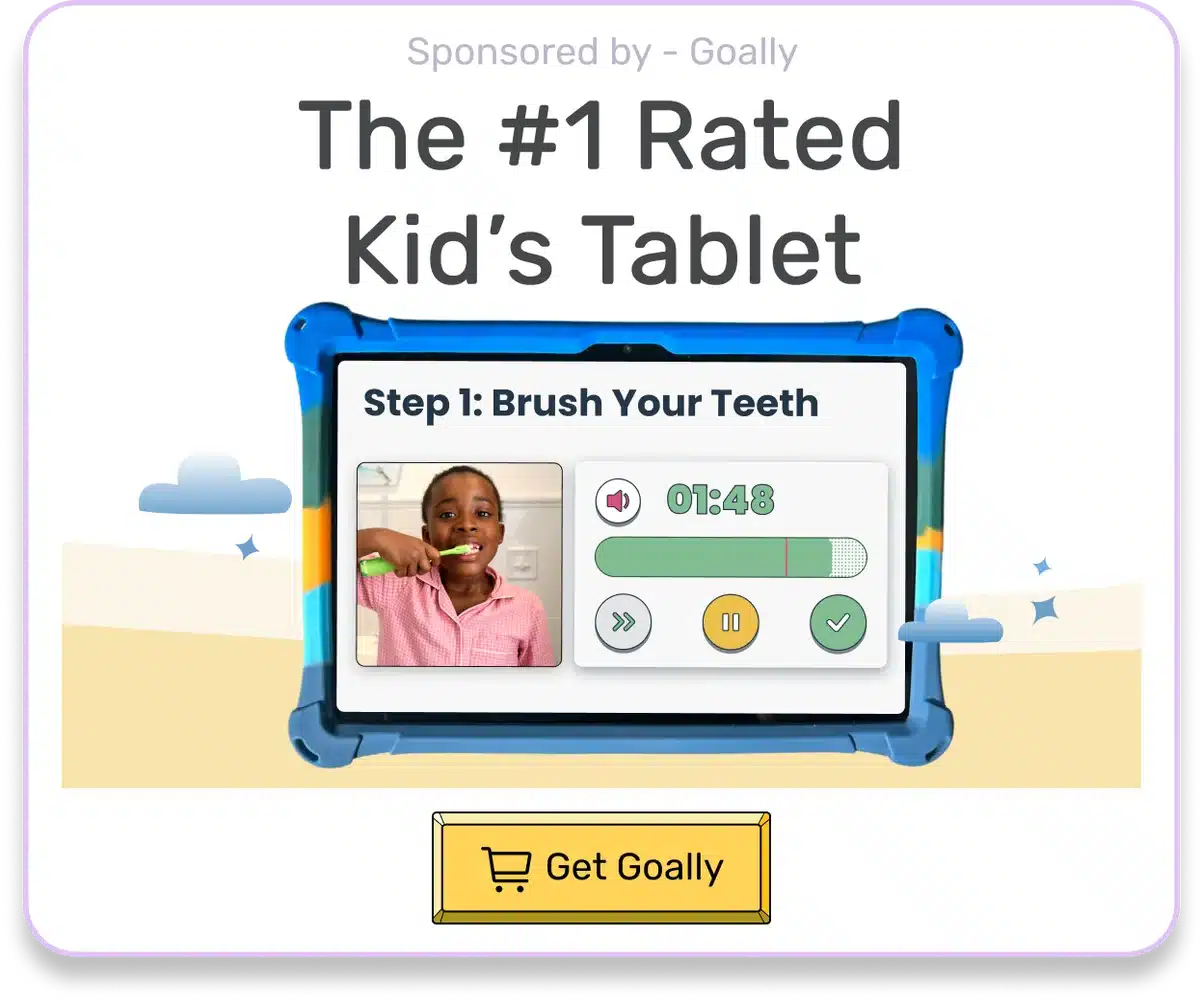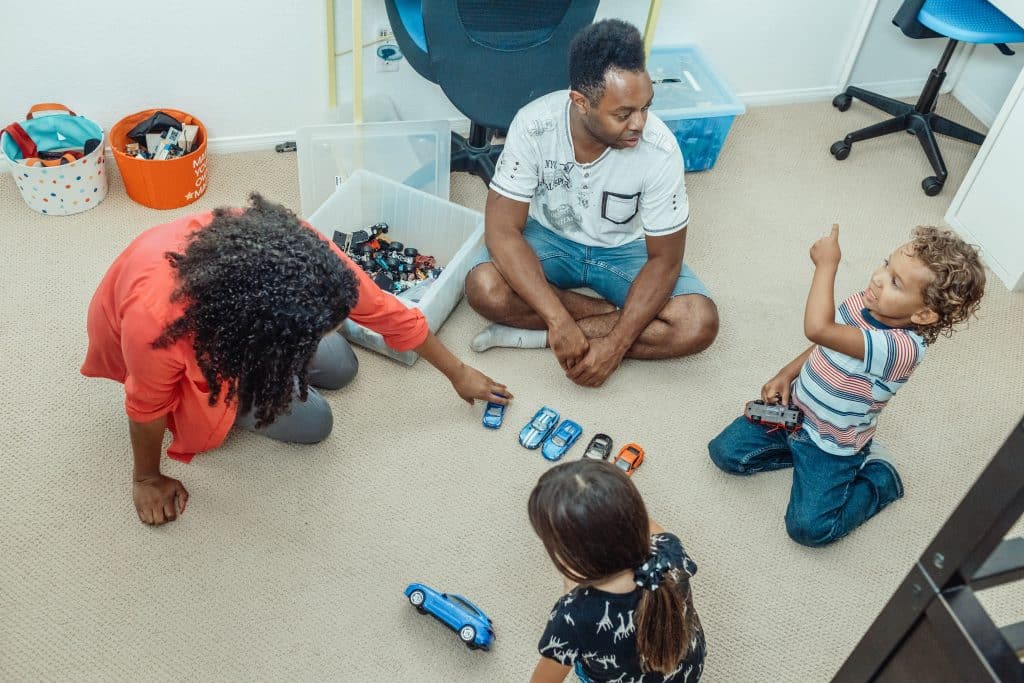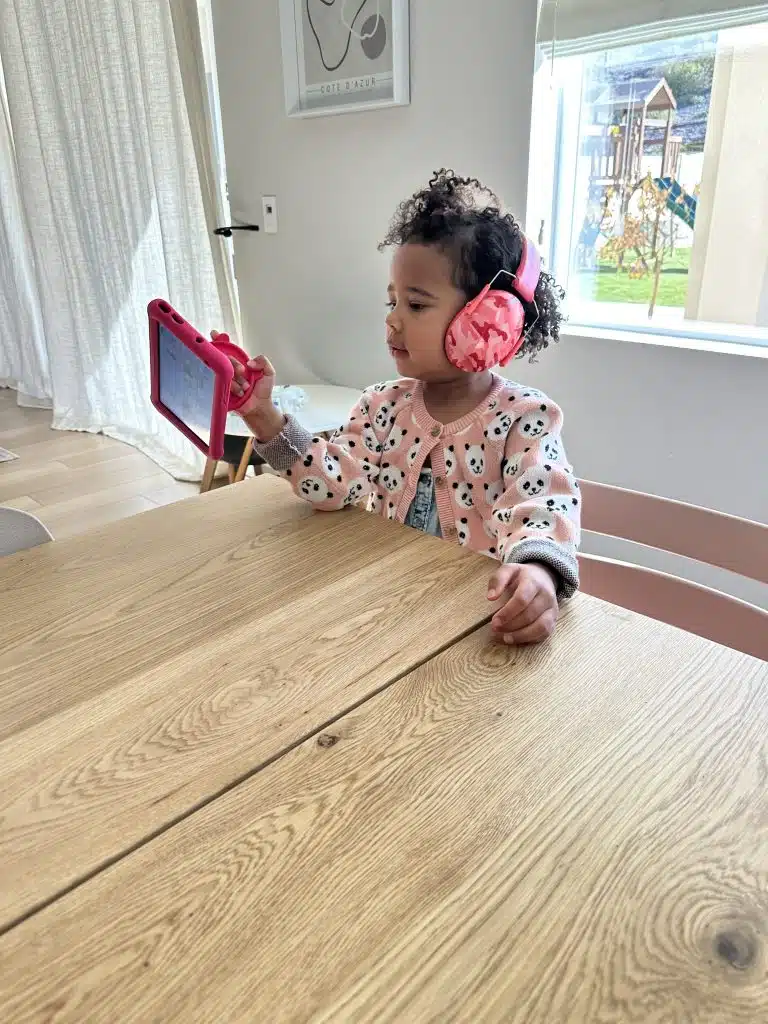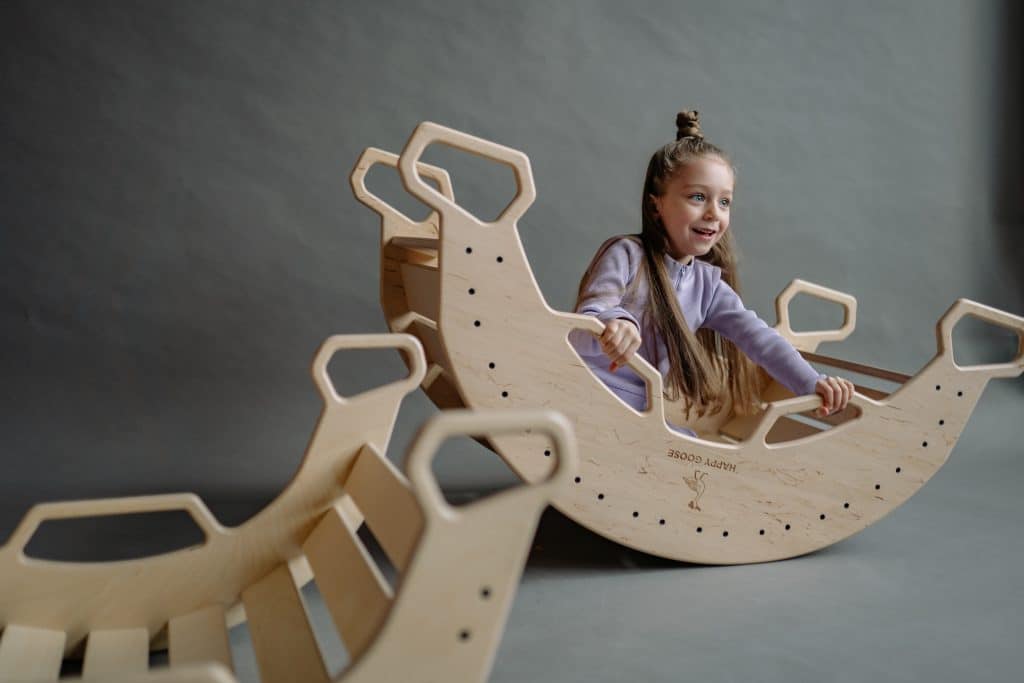Ever felt like your child is struggling to keep up with their peers, despite your best efforts? You’re not alone. Many parents of neurodivergent kids face this challenge daily. The culprit? Lagging skills. In this blog post, we’ll explore what lagging skills are, how to identify them, and practical strategies to support your child’s growth. By understanding and addressing these skills, you can empower your child to thrive in their unique way with the help of tools like Goally.
Table of Contents
What Are Lagging Skills?
Lagging skills are areas where a child may have difficulty compared to their peers, often seen in kids with unique needs or those with thinking and learning differences. These skills can encompass a wide range of abilities, including social, emotional, cognitive, and motor skills. For example, a child may struggle with emotional regulation, problem-solving, or maintaining friendships. Recognizing and addressing these skills is crucial for supporting your child’s overall development.
Common Lagging Skills in Neurodivergent Kids
- Emotional regulation
- Executive functioning
- Social communication
- Motor skills
- Problem-solving
- Adaptive skills
Each of these lagging skills can manifest differently in every child. It’s essential to understand your child’s unique challenges and strengths to provide the best support possible.
“Which language games will help my kid the fastest?” 👇
Goally’s tablet has some of the top language learning games & apps that help kids learn their first 50 words, practice finger dexterity & fine motor skills, AND communicate with AAC.
Identifying Your Child’s Lagging Skills
Firstly, it’s essential to observe your child in various settings, such as home, school, and social situations. Take note of any challenges they face and compare them to their peers. However, remember that every child is unique, and it’s crucial not to compare them too rigidly.
Here are some steps to help you identify your child’s lagging skills:
- Observe your child in different environments
- Take note of any challenges they face
- Consult with teachers, therapists, or other professionals
- Consider formal assessments if necessary
Moreover, it’s important to be patient and understanding during this process. Identifying lagging skills can take time, but it’s a crucial step in helping your child succeed.

Read more: How to Develop Social Skills in Students
Working with Professionals
Collaborating with teachers, therapists, and other professionals can provide valuable insights into your child’s strengths and weaknesses. These experts can help identify specific lagging skills and recommend targeted interventions to support your child’s growth. They may also suggest tools like Goally, which can help your child develop essential skills and routines.
Strategies to Support Your Child’s Lagging Skills
Once you’ve identified your child’s lagging skills, it’s time to take action. Here are some practical strategies to help your child develop and strengthen these areas:
1. Break Tasks into Smaller Steps
For kids with executive functioning challenges, breaking tasks into smaller, manageable steps can be beneficial. This approach makes tasks less overwhelming and allows your child to experience success along the way. Goally can be a helpful tool in this process, as it allows you to create visual schedules and reminders for your child.
Goally | The Safest Tablet for Kids

2. Provide Structure and Routine
Neurodivergent kids often thrive in structured environments. Establishing routines and providing visual schedules can help your child feel more secure and confident in their daily activities. Goally’s learning tablet can be a valuable resource for creating and maintaining routines that cater to your child’s unique needs.
3. Teach Social Skills Explicitly
For children with social communication difficulties, teaching social skills explicitly can be helpful. Role-playing, social stories, and practicing specific skills can improve their ability to navigate social situations. Consider incorporating these techniques into your child’s daily routine to help them develop essential social skills.

Read more: Physical Development of 5 Year Olds | Parent Guide
Some ideas for teaching social skills include:
- Using social stories to explain social situations
- Role-playing different scenarios with your child
- Practicing greetings, turn-taking, and conversation skills
4. Encourage Emotional Regulation
Teaching your child coping strategies, such as deep breathing, mindfulness, or using a calming corner, can help them manage their emotions more effectively. Please encourage your kid to practice these techniques regularly and praise their efforts when they successfully regulate their emotions.
5. Provide Opportunities for Motor Skill Development
Engaging in activities that promote fine and gross motor skills, such as playdough, puzzles, or sports, can help your child develop these essential abilities. Offer different activities to keep your kid engaged and motivated to improve their motor skills.
Some activities to promote motor skill development include:
- Playing with playdough or clay
- Completing puzzles or building with blocks
- Participating in sports or physical activities

“I found Goally on Instagram a few months ago and I thought, this sounds like a perfect aid for Ivy. Ivy had just started speaking, but her communication was still very minimal. Goally’s visual schedule and AAC-inspired Talker had me really interested. While we want and believe Ivy will find her voice and spoken language, we also believe that communication comes in many forms. Goally has helped us offer our daughter a voice while she learns to find her own. The key is to support communication in whatever form that takes.” – Cassidy I.
Embrace Your Child’s Unique Journey
In short, understanding and addressing your child’s lagging skills is vital for their overall development. By implementing targeted strategies and collaborating with professionals, you can empower your child to overcome challenges and thrive in their unique way. Remember, every child’s journey is different, and it’s essential to celebrate their progress and achievements along the way. With patience, understanding, and the right tools like Goally, you can make a significant difference in your child’s life.
This post was originally published on 05/18/2023. It was updated on 12/29/2023.

Goally
We help parents teach their kids life skills, like doing bedtime and morning independently. Backed by science, we incorporate evidence-based practices and expert-informed designs in all of our apps and content.






